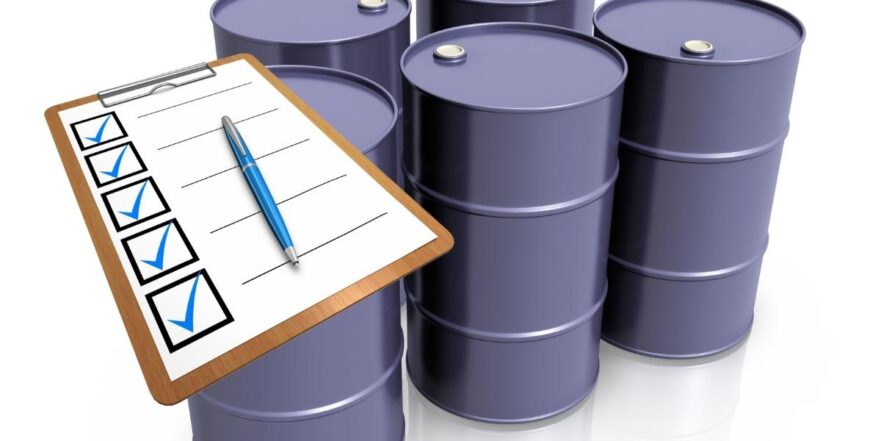An essential component to the success of any company comes down to its ability to produce efficient results within its business practices. This is commonly associated with manufacturing, customer relationship management, or other aspects of business. Yet one of the biggest harms towards efficiency is poor waste reduction.
Learning how to perform an operational waste audit can help reduce costs and help save your organization money throughout the year, all while creating more revenue that can be invested in other processes to help further the success of your business.
However, performing an operational waste audit is a process that emphasizes the importance of communicating, responsibility, and attention to detail through each step of the process.
In this blog, we take a look at how your business can conduct an operational waste audit.
So, where do you start?
To begin, assign somebody who has good communication skills, organizational ability, and understands the work required to perform the audit with the title of Waste Reduction Coordinator. Forming a waste reduction team would be the next step, this will ensure ideas can be created and developed with the entire team participating.
Once a team has been assembled and a plan has been defined, the next step would be to schedule an audit to be performed. The audit should focus on trying to distinguish the types of waste, where certain wastes come from, and what the team would need to complete the physical audit.
Items such as labels, containers, and having adequate space to organize the waste (in a way in which it is easy to maintain and stay on top of) are all essential for the makings of a successful operational waste audit.
How to identify your waste
After you have completed the first step, it’s now time to identify all of your waste.
Noting existing collection and storage practices along with recording waste quantities and height will all be useful in gaining a deeper understanding of what should be taken into account for the waste reduction work plan. Usually, teams can do a walk-through while noting the various types of waste and recyclables that are generated throughout each process.
After this, comparing estimates against existing records is crucial as this allows the company to gain awareness of external factors that may be hampering the waste production process. Service providers can also be a trusted source for finding estimates of waste quantities to review.
Once this step has been completed, preparing the waste audit report would be next. Tasks such as graphing and charting your findings, establishing benchmarks, and setting new goals for improvement can be conducted to help further the business and its practices for waste reduction.
How to finish the operational waste audit process
Most companies provide operational waste audits and finish the process there. The problem with this is the job doesn’t finish there. In this industry a company should also search for different types of hazardous waste to look out for, and provide recommendations for different types of recyclables as well.
After finding contaminants that could harm the business in terms of cost, an audit should include a report stating the solvents that can be recycled and reused to help improve the efficiency for different projects.
Along with setting up benchmarks, you are then aware of what the standard of municipal, provincial, and federal certifications are, and will learn what level of effort your business needs to maintain in order to keep those standards in tact.
Being able to save money through these audits can be crucial to a business. Not only will companies be reducing costs and improving their bottom line, but by recycling solvent they’ll also become more environmentally friendly.
What do you need to conduct an operational waste audit?
Maratek has three unique industries that it conducts its business in which are solvent recycling, solvents for sale, and hazardous waste management services.
Whether it would be handling the solvent used for cleaning off ink or searching for contaminants that are both harmful or useful, a waste audit will ensure that the services your company provides will offer the most value to your customers.
Interested in learning more about conducting an operational waste audit? This checklist will help you assess your operational waste audit and identify everything you need in order to conduct it properly.
Alternatively, check out www.maratekenvironmental.com where you can learn about our Operational Waste Audit services. Maratek’s highly-effective waste audits are conducted specifically for clients, and provide visibility into how your business can conduct an operational waste audit efficiently – saving you time and money.

